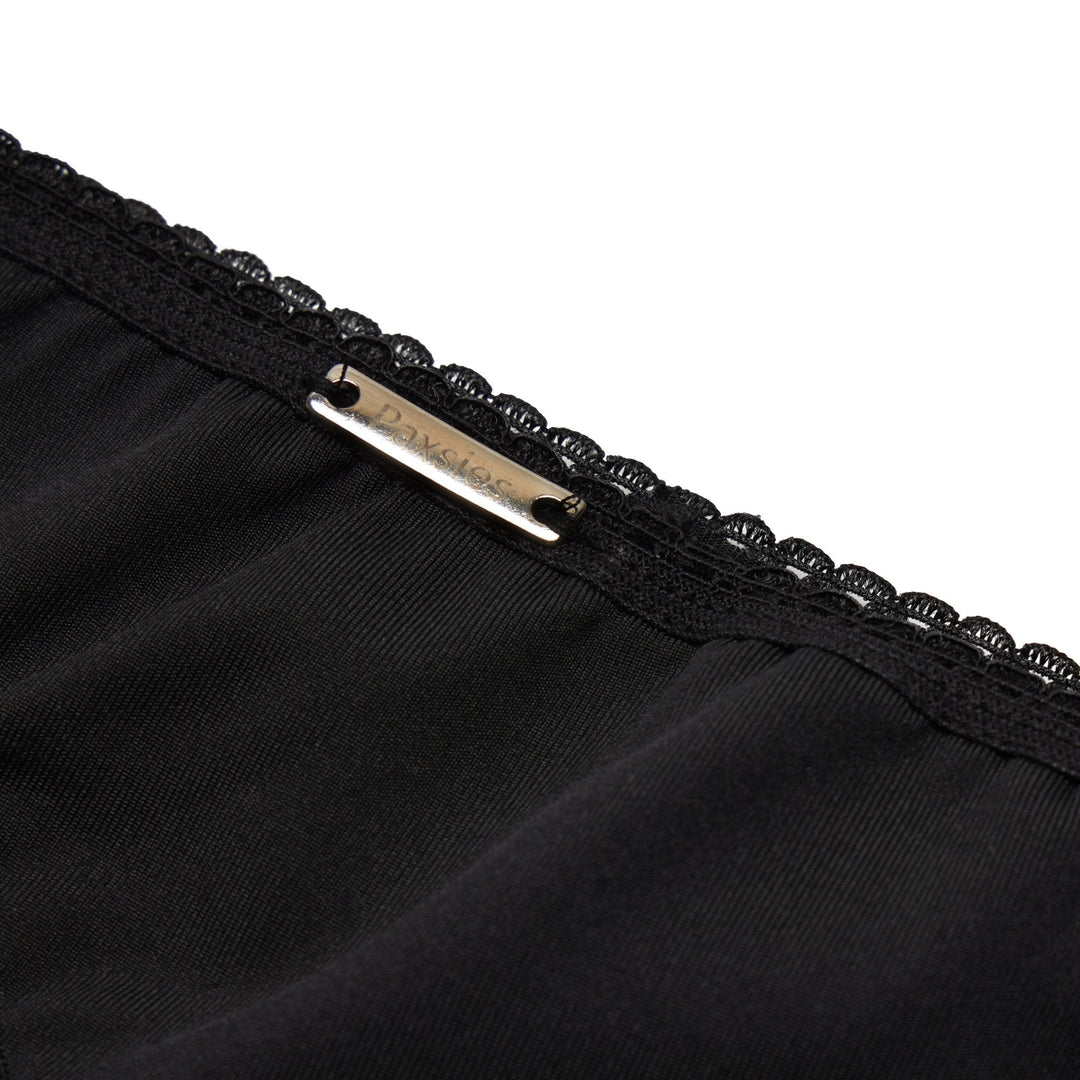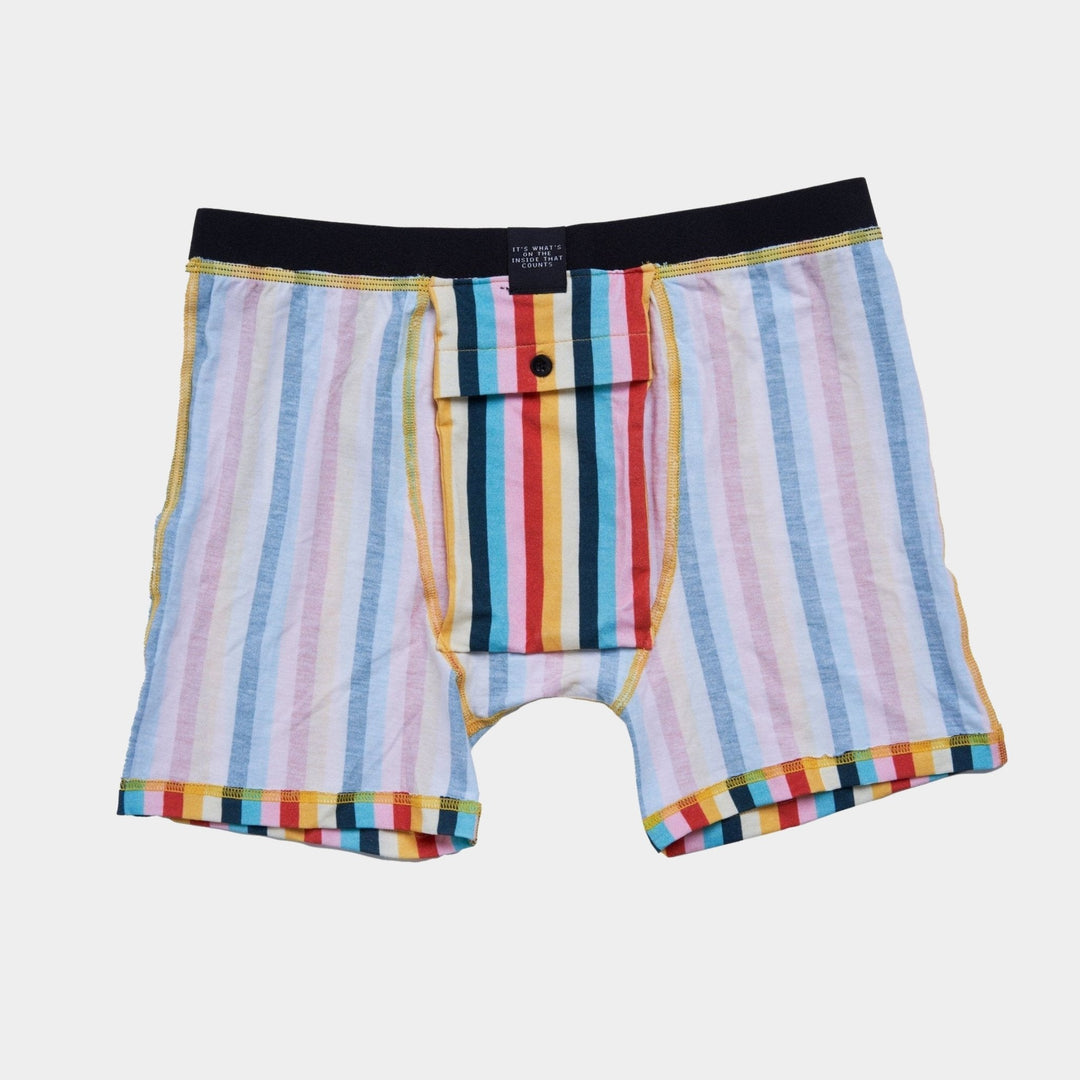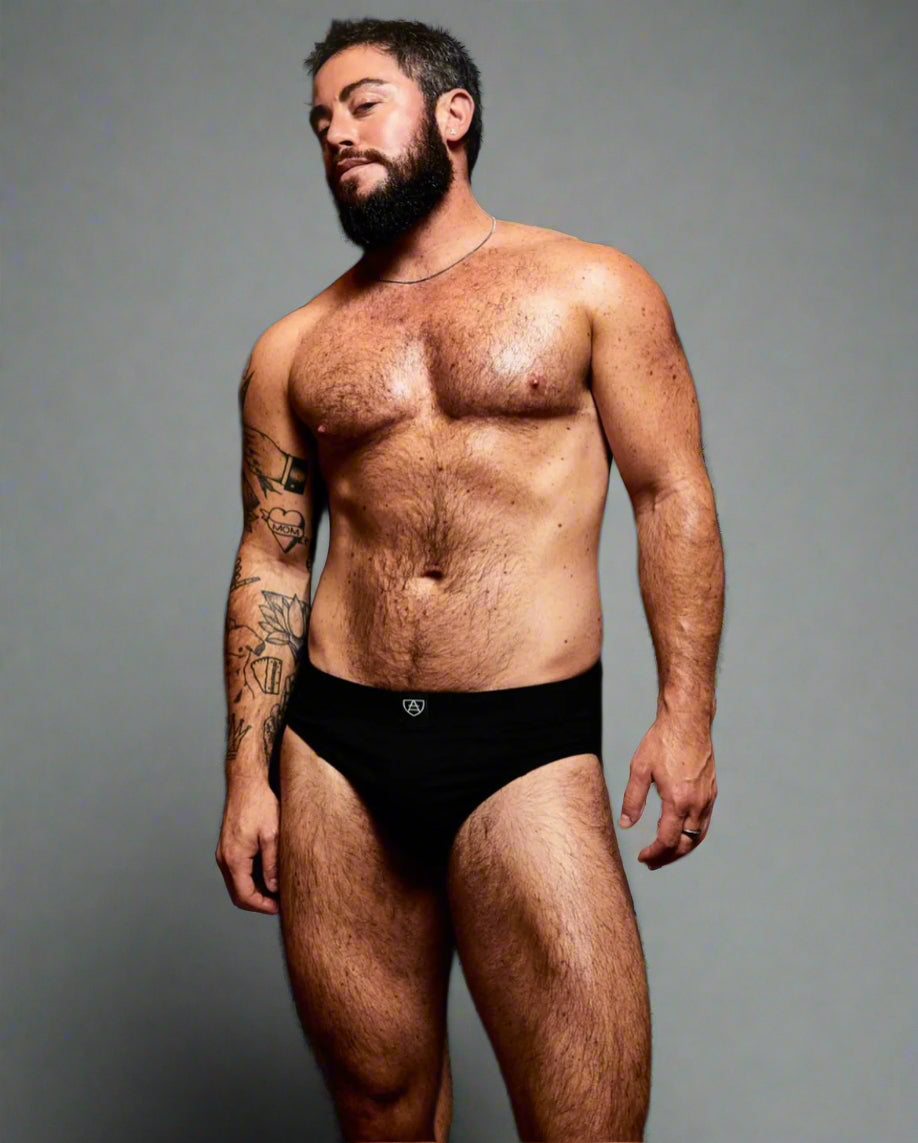The Importance of Safe Spaces
Concerning numbers

Recent results of the Trans Murder Monitoring show that this year 321 trans and gender diverse people were reported murdered. 94% of these people were trans women or transfeminine people. Almost half of them were sex workers. Among these numbers were 80% Black, brown, or racialized and 45% were migrants or refugees in Europe.
These numbers show how intersectionality plays an important role. Transgender people of color, sex workers and transfemmes are the most vulnerable people in the community. They are the most marginalized and criminalized identities who do not get the same legal protections cisgender middle-class people might have.
These are shocking and depressing numbers. The rise in bigotry and transphobia has increased in the past few years, making the need for safe spaces mandatory for the safety and well-being of trans, non-binary, and gender-diverse people all over the globe.
Safe spaces
Safe spaces are places, be they online or physical, that give trans people a place to belong without fear of persecution, discrimination, violence, or mockery.
Transgender people who are in the early stages of their medical transition and/or do not pass, are often vulnerable to ridicule and being misgendered. In a safe space, chances of misgendering should decrease if not completely nullified. One way to help decrease misgendering mistakes is introducing yourself with your pronouns or even wearing a button/label with your pronouns. This gives other people the space to do the same. In online spaces such as Discord servers, it’s possible to let members pick pronoun roles that are then displayed in their profile on that specific server.
In safe spaces, trans people can exist without having to justify or debate or explain their existence. In a world that is hostile and doubtful, safe spaces offer a break from the outside world.
Safe spaces can be online forums, Discord or other chat groups, Facebook groups, etc. They don’t always have to be focused on trans identity. They can have a whole different main theme but do explicitly welcome queer and trans individuals. Think for example of a fan group for a movie that is exclusively for queer people.
Similarly to online safe spaces, physical spaces can be a local Rainbow House or queer-specific groups. At the end of this article, we will share a few organizations that focus on trans, non-binary, and gender-diverse people. Certain sports or hobby clubs or even shops and gyms can be trans-inclusive and so on.

In the end, it comes down to how trans-inclusive and friendly a place is. This also highly depends on the people present. Even if an establishment prides itself on being a safe space, it can never be a 100% guarantee. It’s always possible someone slips up, makes a mistake or accidentally says something hurtful. What’s important then, is to acknowledge this and be responsible for your own actions. Apologize and move on.
How to create a safe space?
The next tips and practices are mainly that: tips. There are of course many other ways to create a safe space for trans people.
- Don’t assume someone’s gender identity or sexual orientation. Gender expression and gender identity can differ, some people are closeted or are in transition. Others aren’t, but they still are to be respected.
- Use a pronoun badge or label.
- Introduce yourself with the pronouns you use. This opens up the conversation for others to share their own pronouns.
- Try to use gender-inclusive language instead of using solely binary language. (ex. “Dear people/guests/etc.” instead of “Dear ladies and gentlemen”.
- Offer gender-inclusive toilets.
- Acknowledge and respect that every trans person’s experience is different than yours and that this doesn’t mean that others are less valid or less trans than you.
- A visual reminder can be a transgender pride flag in the room/space. Of course, a flag alone is not enough. You have to back it up with actions!
Safe spaces & trans groups
This is a small list of Dutch and Belgian organizations providing safe spaces and events where trans, non-binary and gender-diverse people can meet with fellow queer people.
- Cavaria (umbrella organization for all queer organizations in Flanders)
- Transgender Netwerk NL (umbrella organization for trans activism, information & trans related organizations in the Netherlands)
- T-Buddy (group in Antwerp)
- Keerpunt (group in Limburg, BE)
- Transgender Wegwijzer (guide to local trans groups & activities)
- Boysproject (Organization for masculine and trans sex workers in Antwerp)
- Genderspectrum (multiple local groups for trans and non-binary people in Flanders)






